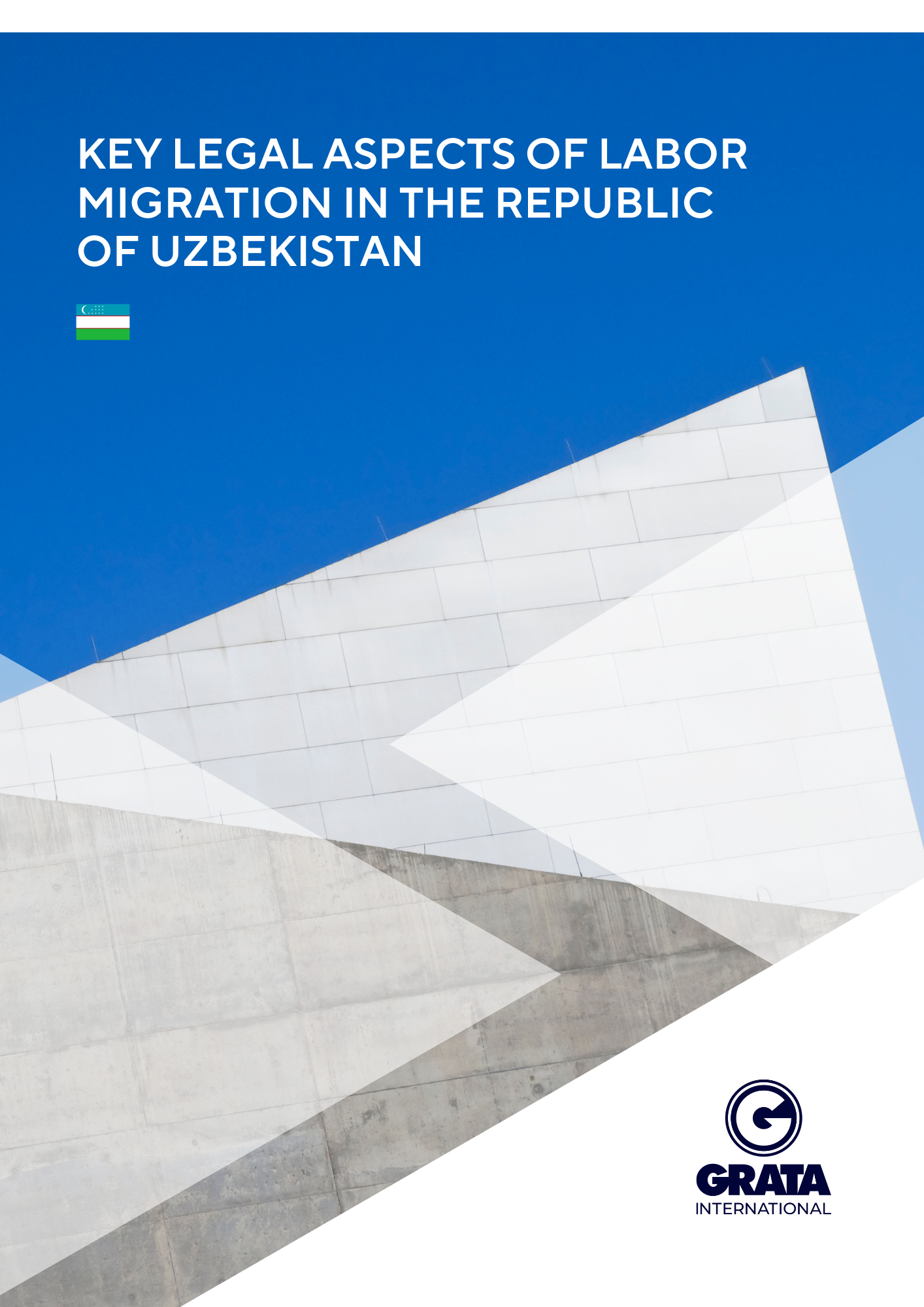Key legal aspects of labor migration in the Republic of Uzbekistan

Labor migration is a significant driver of global economic development, as millions of people relocate to other countries in search of improved work opportunities and living conditions. However, this phenomenon gives rise to complex legal issues that necessitate attention and regulation. Compliance with legislation is a key aspect of labor migration, requiring migrants to be well-informed about the rules and requirements governing their status and employment in the host country. This article will examine the key legal aspects of labor migration for foreign citizens and stateless persons (hereinafter referred to as “foreign citizens”) in the Republic of Uzbekistan. The focus will be on the procedures for obtaining work permits, the legislative requirements that migrants need to adhere to, and important considerations related to working conditions, wages, and taxation.
An overview of labor law requirements
The main regulatory act governing the relationship between employers and employees in the Republic of Uzbekistan is the Labor Code. Individual labor relations are governed by specific acts of labor legislation. According to Article 11 of the Labor Code, the rules established by labor legislation in Uzbekistan apply to labor relations involving foreign citizens. In order to be recognized as employees, foreign citizens must meet the following criteria: possessing the legal capacity and capability to work, having reached the minimum legal age, and having entered into an employment contract with an employer.
